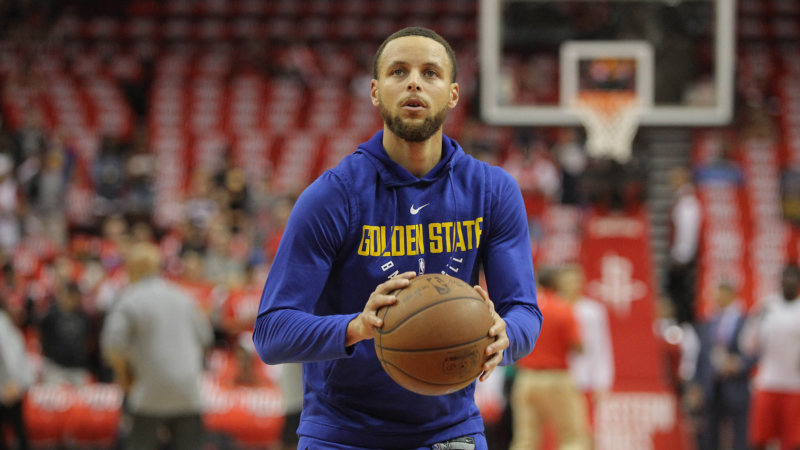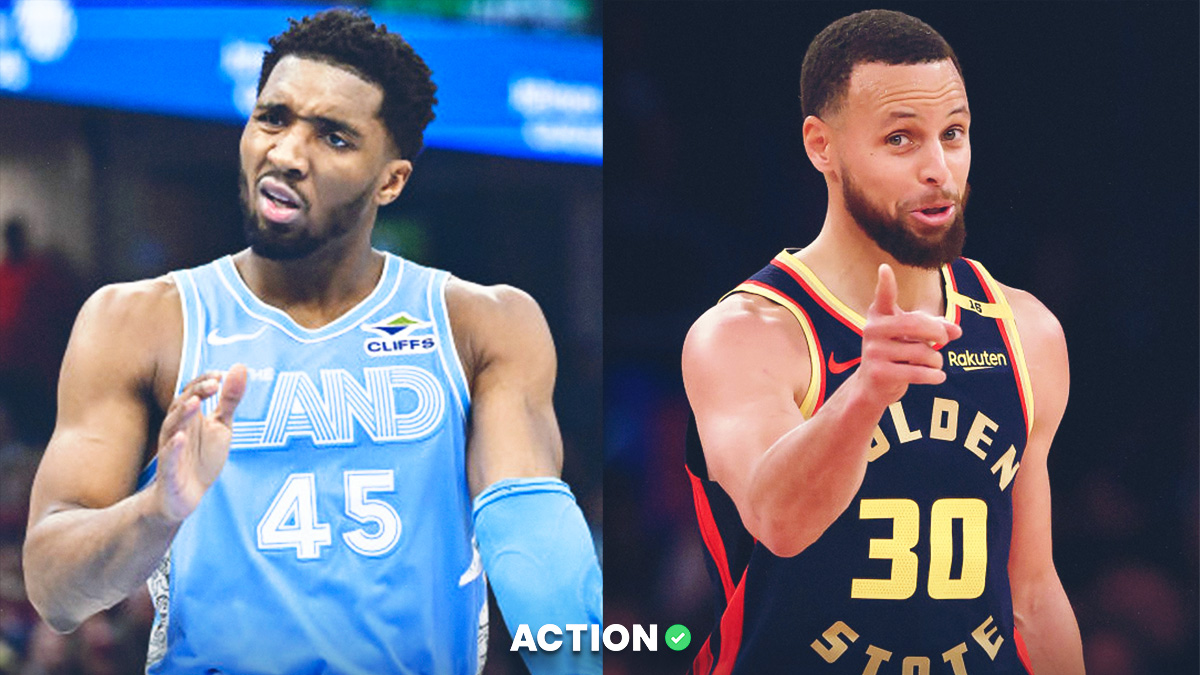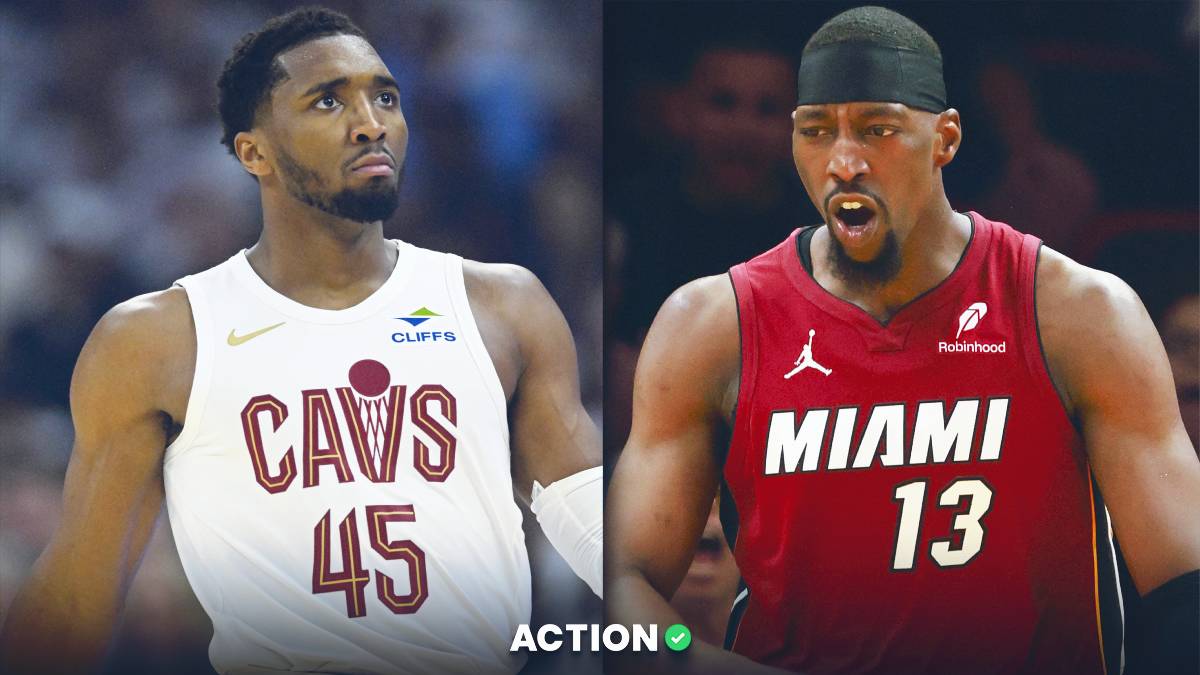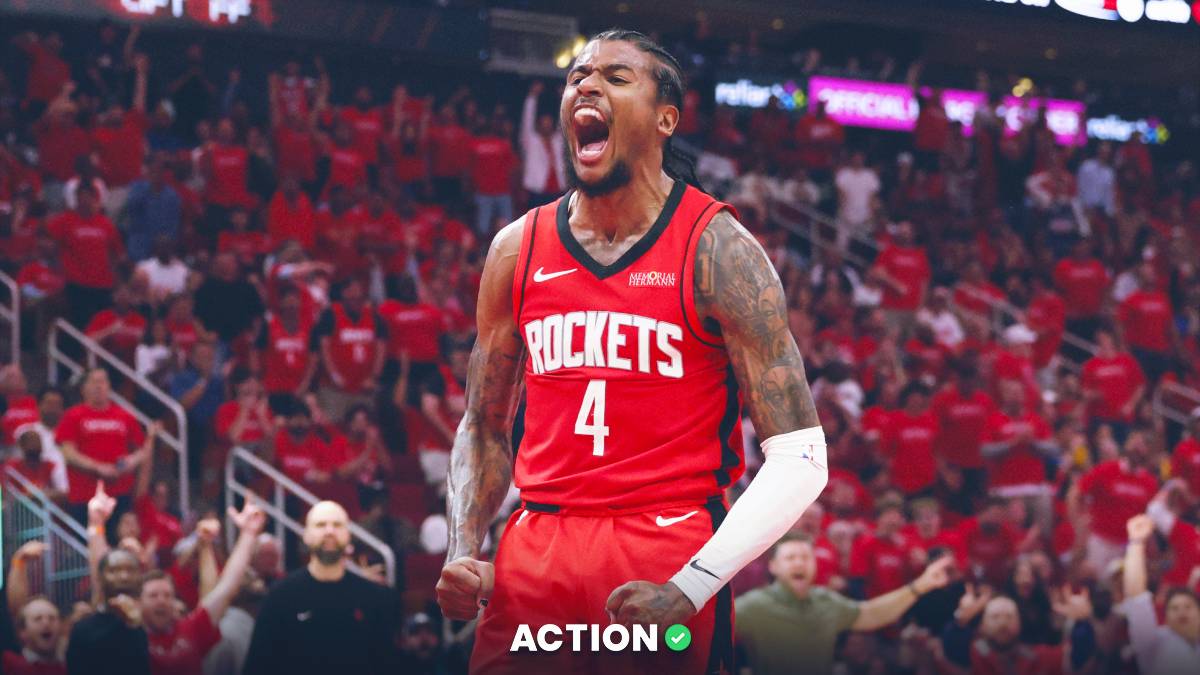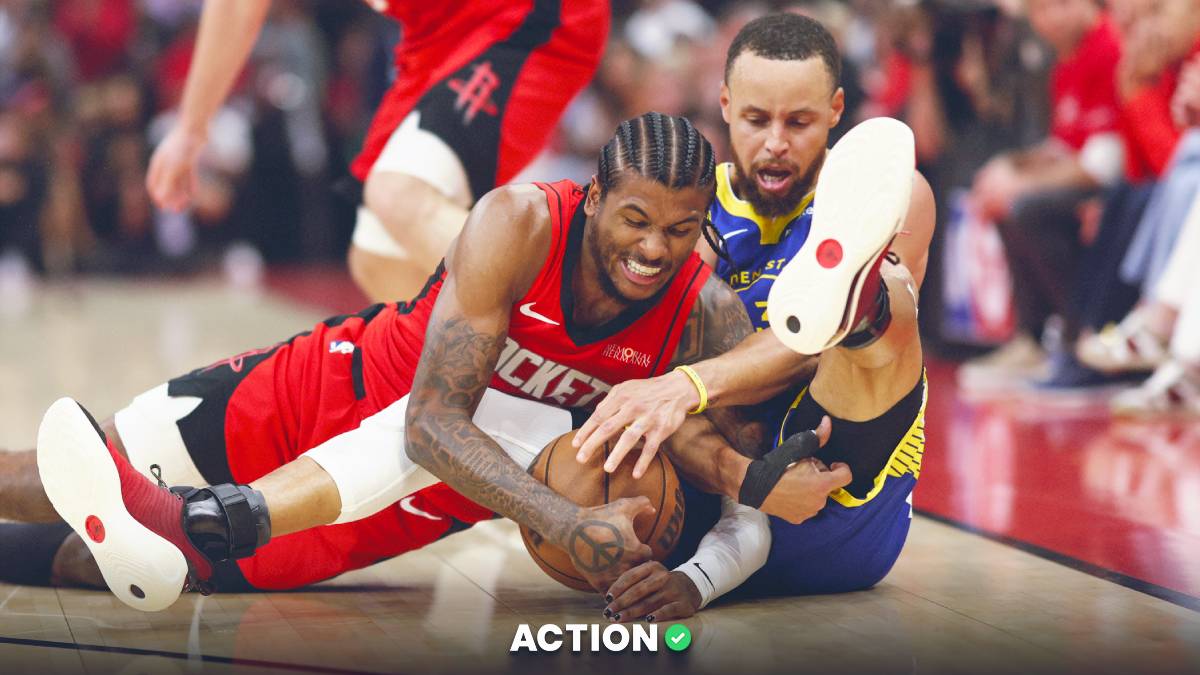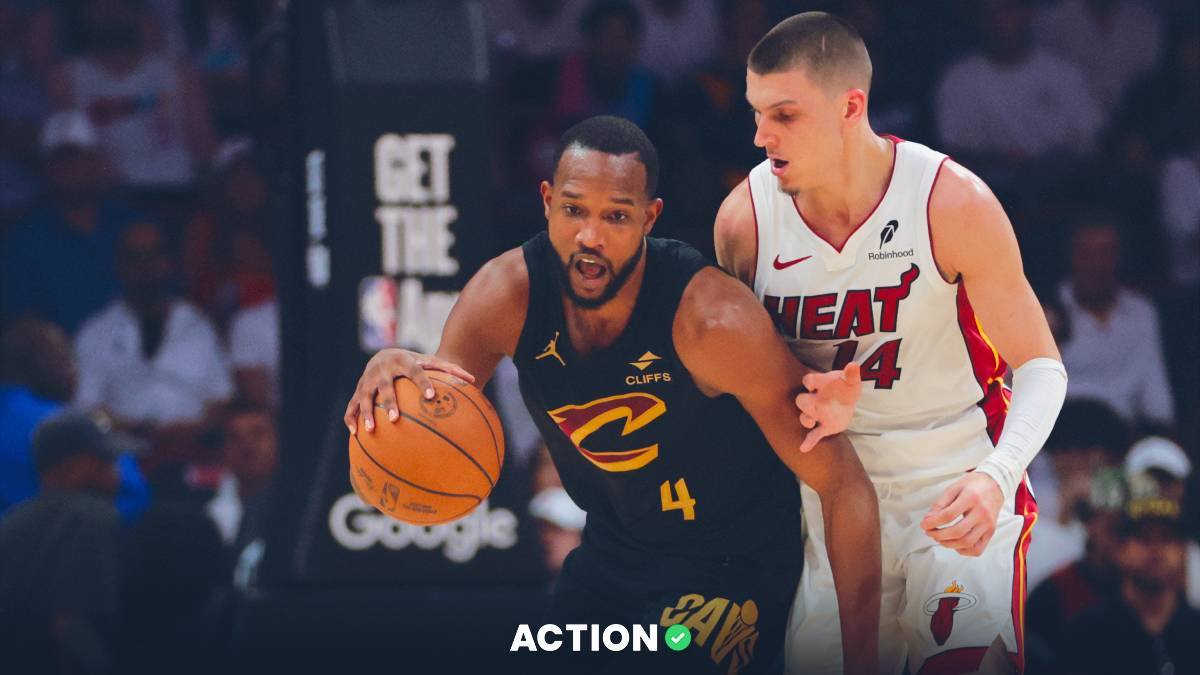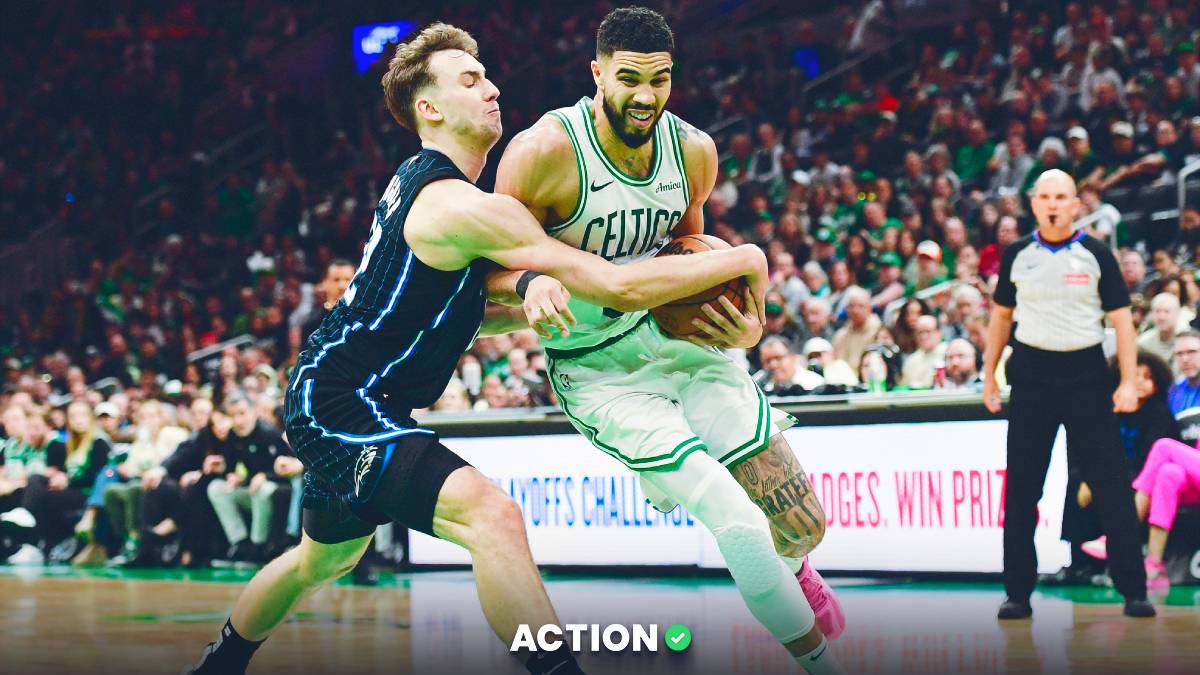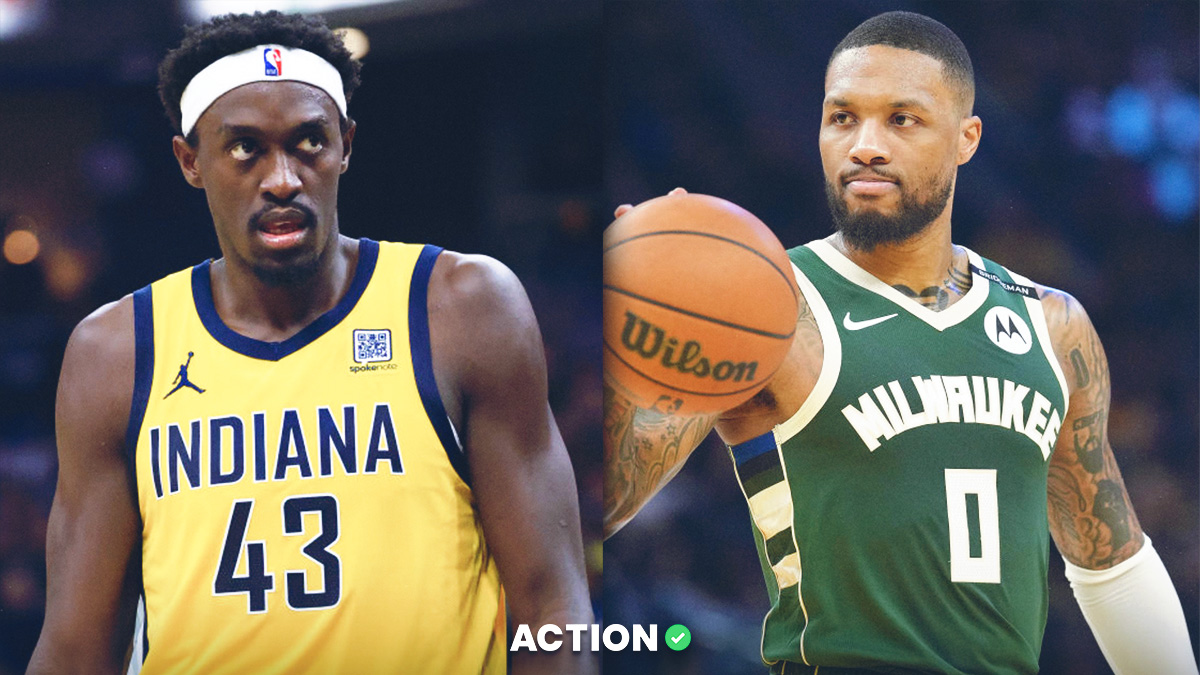The Warriors will have four days to get the bad taste of the Game 2 loss out of their mouths. Golden State can hit the reset button, and historically it has been profitable to bet well-rested (four or more days between games) home teams in the playoffs: They're 95-58 (62%) against-the-spread since 2005.
I know what you're thinking: Yeah, but the Rockets are well-rested, too. That hasn't mattered: If the opponent has also not played for four or more days, the home team is still 75-45 (63%) ATS.
Here's a rest trend specific to Golden State: Under Steve Kerr, the Warriors are just 6-9 ATS with both teams on at least four days of rest, failing to cover the spread by 4.8 PPG. It's likely because they've on average been favorites of 7.1 points.
After a playoff loss under Kerr, the Warriors have gone 12-5 straight-up and 10-7 ATS. As favorites of six or more points (like they are in Game 3), Golden State has gone 9-0 SU and 7-2 ATS.
The Warriors are hard to beat at home under Kerr in the playoffs. Golden State is 35-5 SU and has won games at Oracle by 11.9 points on average. The Warriors currently own a 15-game home winning streak in the postseason, last losing to the Cavs in Game 7 of the 2016 NBA Finals.
The Rockets opened as seven-point underdogs against the Warriors in Game 3. Under Mike D’Antoni, Houston has opened as an underdog of at least seven points five times: The Rockets have gone 3-2 SU and 4-1 ATS in those matchups, with their last three games in this situation coming against the Warriors. (The Rockets are 2-1 SU and ATS in those.)
Did You Know? The Rockets edged the Warriors in field-goal percentage in their Game 2 win. In 26 meetings between the Warriors and Rockets since 2014-15 (Kerr’s first season), including the playoffs, this was just the third time Houston topped Golden State in that category. In the Rockets' next game against Golden State in the other two instances, they lost by 14 and 17 points:
- 12/1/16: Rockets win in double-OT at Golden State
- 5/25/15: Rockets win Game 4 of the 2015 Western Conference Finals, their only win in the series
— By John Ewing and Evan Abrams


